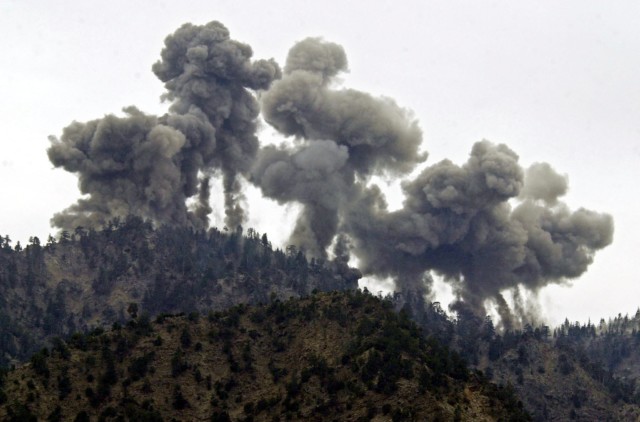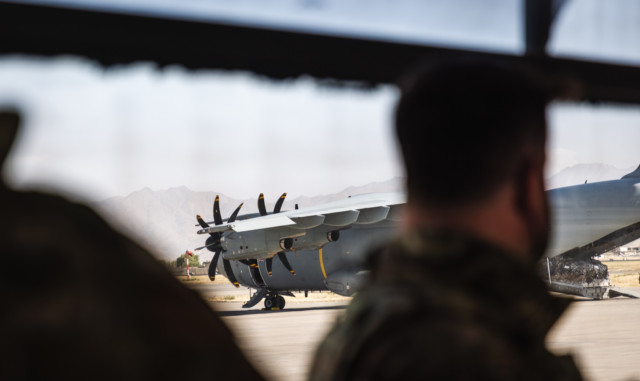BRITAIN’s top warrior slammed bungling politicians for the chaos engulfing Afghanistan as he insisted our soldiers “were never beaten” in the deadly 20-year campaign.
Over 150,000 troops who served in Afghanistan should “hold their heads up very high” for fighting with distinction, General Sir Nick Carter said.
“They were never beaten on the battlefield,” the chief of defence staff insisted.
“They showed phenomenal courage throughout that campaign.
“All of our veterans should hold their heads up high, because they have done something that their successors will be immensely impressed with.”
It comes as the government announced the end of Britain’s involvement in the Nato-led mission which cost us 457 lives and £37 billion.
Boris Johnson said the military presence was “never intended to be permanent”.
“We and our Nato allies were always going to withdraw our forces. The only question was when, and there could never be a perfect moment,” he said.
A handful of Special Forces will remain inside Afghanistan to protect Kabul’s greenzone.

Gen Carter admitted that news from the country was “grim” as rampaging Taliban militants have captured half the rural districts.
And he warned the country could split along 1990s civil war lines after US President Biden ordered a sudden withdrawal without a proper peace deal.
Gen Carter, who served in Afghanistan, said the current deadly crisis was a “political problem that requires a political solution”.
He blamed a lack of political strategy.
His comments come days after President Biden appeared to wash his hands of Afghanistan, telling a reporter he had “zero responsibility” for the impoverished country’s future.
“The military can only hold the ring for others to deliver,” Gen Carter said.
“And the military have done that, I think, with distinction during the course of the last 20 years.”
‘NEVER BEATEN’
Most British troops came home after a secret flag-lowering ceremony was held at Kabul airport on June 24.
“You might see some of the important institutions like the security forces fracturing along ethnic or tribal lines,” Gen Carter added.
“If that were to happen, I guess the Taliban will control part of the country.”
More than 150,000 Brits served in Afghanistan since 2001 and at least 457 died.
Thousands more lost limbs and suffered life changing injuries in a conflict which cost the taxpayer at least £37 billion.
“I am immensely proud of the tactical excellence that our military showed,” Gen Carter added.
Critics claim the military charged into the Taliban heartlands of southern Helmand province without understanding the risks in a bid to curry favour with the Americans.

It followed tensions in Basra, in southern Iraq, where US commanders accused the British army of not pulling its weight.
The original Helmand plan was, in 2006, was to create a safe development zone around the provincial capital Lashkar Gah.
But within a few weeks of deploying, crack airborne troops from 3 Para had been strung out in platoon houses and fighting for their lives, calling in Apache gunships to fire bullets the size of milk bottles at men in mud houses.
Gen Carter added: “My heart and thoughts every day go out 457 people who lost their lives in British service there, and of course the many more who are injured and are suffering the mental scars of battle.”
Thousands of Afghan troops have surrendered or retreated in the face a brutal Taliban onslaught.
Gen Carter said it was because they no longer had access to air support which had given them the edge in previous battles with insurgents.
He said British trained Afghan commanders had no choice but to abandon outlying districts in order consolidate their forces to protect provincial capitals.
However, he said it unlikely the Taliban would capture all of Afghanistan, partly because they get most support from only one ethnic group which accounts for roughly 40 per cent of the population.
Gen Carter said progress in Afghanistan since 2001 included 8.2 million more children in school.
“Of those, roughly three and a half million are girls,” he said.
“Life expectancy is risen from 56 years in 2001 to now 64 years today.”
He said 28 per cent of the seats in parliament were held by women.
Under the Taliban regime women were banned from working and could only leave the house in a burqa with a male relative to escort them.








